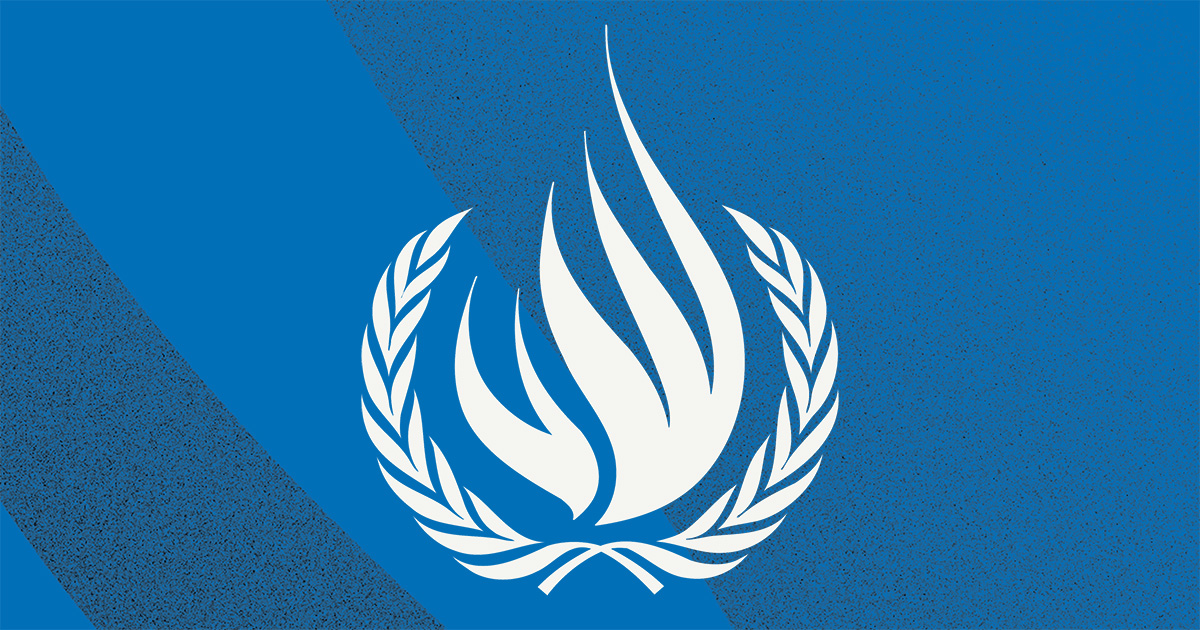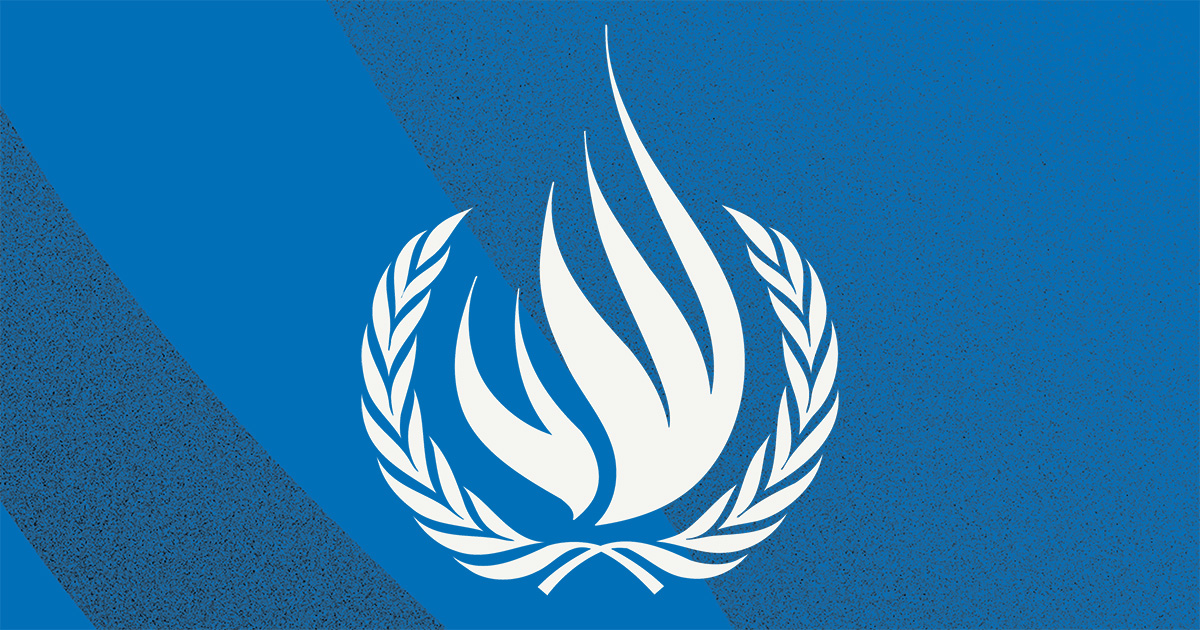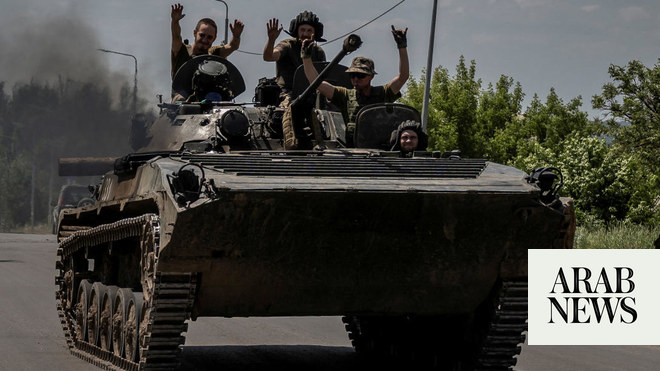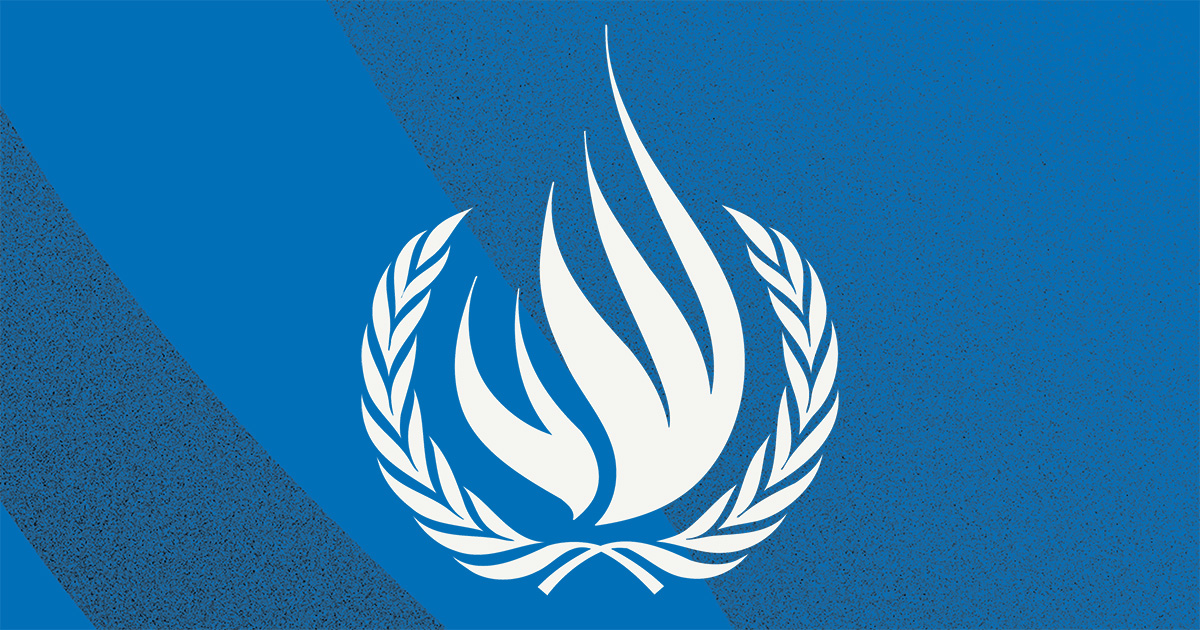
KYIV (10 September 2023) – Russia’s armed aggression is becoming synonymous with torture and other inhuman cruelty, a UN expert said today.
“The volume of credible allegations of torture and other inhumane acts that are being perpetrated against civilians and prisoners of war by Russian authorities appears to be unabating,” said Alice Jill Edwards, the UN Special Rapporteur on torture and other cruel, inhuman or degrading treatment or punishment. “These grievous acts appear neither random nor incidental, but rather orchestrated as part of a State policy to intimidate, instil fear, punish, or extract information and confessions,” Edwards said in a statement at the end of an official visit to Ukraine.
The UN torture expert gathered harrowing testimonies involving electric charges being applied to ears and genitals, beatings of all kinds, mock executions at gunpoint, simulated drowning, being required to hold stress positions, threats of rape or death, and various ceremonies of ridicule and humiliation. Returned Ukrainian civilians and soldiers recounted being crowded in basements and cells, in congested conditions, and being poorly fed. Several lost dangerous levels of weight.
Edwards said these acts would constitute torture or other cruel, inhuman or degrading treatment or punishment, prohibited at all times and in all circumstances under international human rights and humanitarian law.
“Because the global prohibition of torture reflects our shared aspiration to live in societies free of fear, perpetrators - including at the highest levels - must be brought to justice,” she stressed.
During the Special Rapporteur’s visit from 4-10 September, she reviewed the procedures and practices of investigation and prosecution of such crimes of torture committed within the context of the armed conflict. According to Ukrainian government figures, over 103,000 war crimes proceedings have been registered so far.
“A major challenge for the authorities is handling the enormity of the allegations, which has required the upscaling of operations, staffing and skill sets,”, said the Special Rapporteur. “The work that the Ukrainian authorities are undertaking to document war crimes is all the more impressive given that it is being carried out ‘in real time’. That early action is virtually unprecedented anywhere in the world.”
“The international duty on every country to investigate and prosecute crimes of torture and other inhuman acts is not altered by war or other exceptional circumstances. Yet these circumstances would pose great challenges for any system,” the expert said.
Edwards was briefed on multiple obstacles to achieving justice for victims. These include the inaccessibility of presently occupied areas, the loss of crucial evidence due to deterioration and lapse of time between the crime and liberation when investigations can begin, and adapting the criminal justice system to be able to process and prosecute international atrocity crimes.
The Ukrainian government reported having strengthened its system of regional prosecutors by establishing mobile investigation units, has expanded forensic expertise and testing facilities, and is upgrading technology and evidence-gathering techniques.
During her seven-day visit to Ukraine, the Special Rapporteur also visited different places and facilities and inspected the conditions of treatment of Russian prisoners of war and those accused of conflict-related crimes.
“I found that sincere efforts have been made by the Ukrainian authorities to treat Russian prisoners of war respectfully. The barrack-style facilities I visited were hygienic and orderly. Prisoners were being well fed, were receiving medical attention for their battlefield injuries, were able to practice their religion and had paid work and recreational facilities,” Edwards said.
The Special Rapporteur met with senior government officials, members of the Supreme Court, all the services involved in investigating and prosecuting crimes of torture, the Coordination Headquarters on the Treatment of Prisoners of War, and the Parliamentary Commissioner for Human Rights (Ombudsman) and National Preventive Mechanism. She had also met with representatives of the diplomatic community, the United Nations, and civil society organisations. She conducted a range of interviews with persons deprived of their liberty, as well as victims and survivors.
The Special Rapporteur will present a report on the visit to the United Nations Human Rights Council in March 2024.
Dr. Alice Jill Edwards, Special Rapporteur on torture and other cruel, inhuman or degrading treatment or punishment, is part of what is known as the Special Procedures of the Human Rights Council. Special Procedures, the largest body of independent experts in the UN Human Rights system, is the general name of the Council"s independent fact-finding and monitoring mechanisms that address either specific country situations or thematic issues in all parts of the world. Special Procedures experts work on a voluntary basis; they are not UN staff and do not receive a salary for their work. They are independent of any government or organisation and serve in their individual capacity.
For more information and media requests, please contact Mr. Alessandro Marra (alessandro.marra@un.org / +41 22 917 2059)
For media inquiries related to other UN independent experts, please contact Maya Derouaz (maya.derouaz@un.org) or Dharisha Indraguptha (dharisha.indraguptha@un.org)
Follow news related to the UN’s independent human rights experts on Twitter: @UN_SPExperts
The Special Rapporteur on Torture is on Twitter: @DrAliceJEdwards
Concerned about the world we live in?
Then STAND UP for someone’s rights today.
#Standup4humanrights
and visit the web page at http://www.standup4humanrights.org











